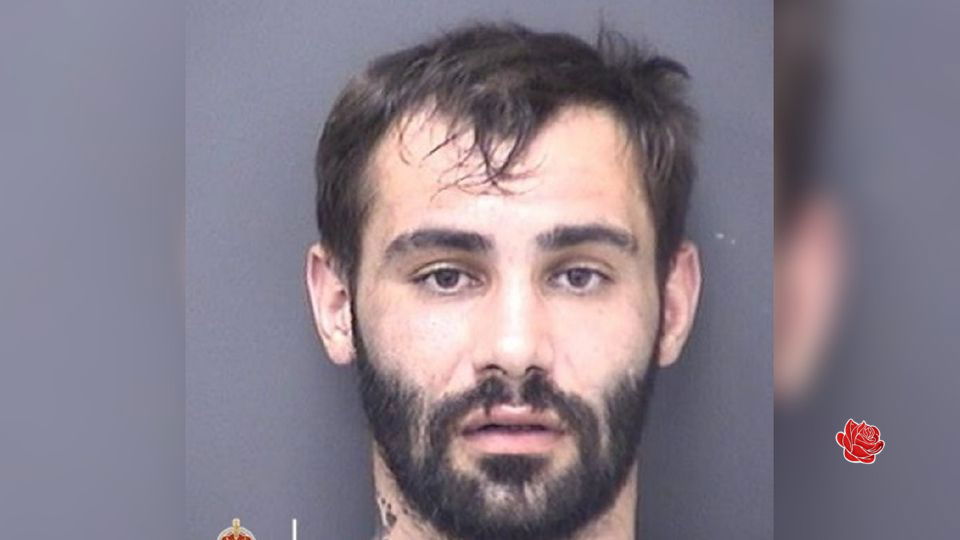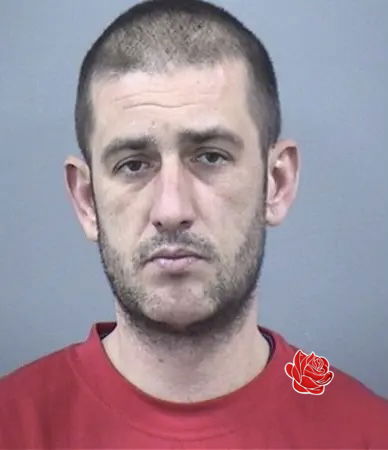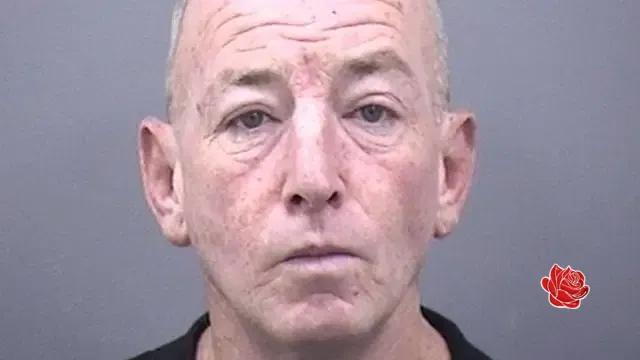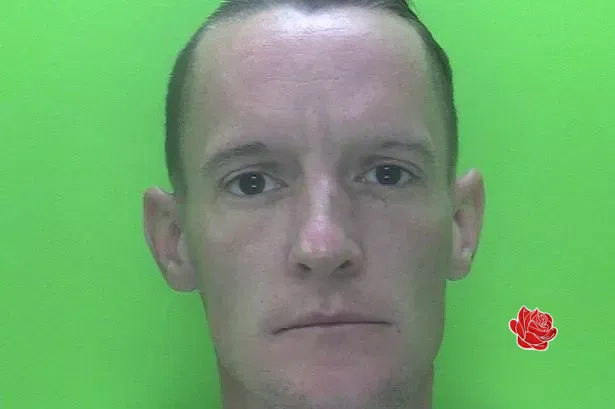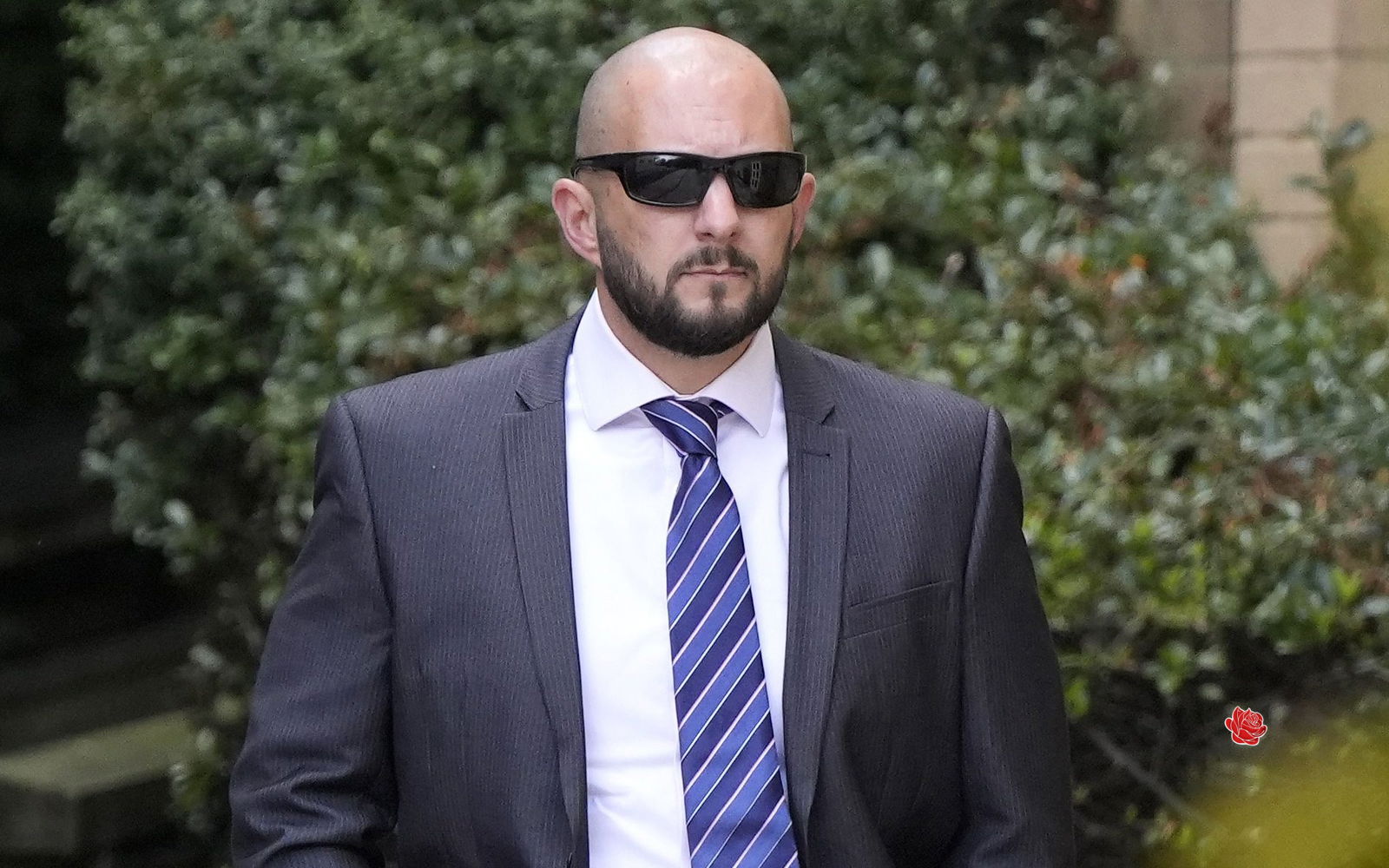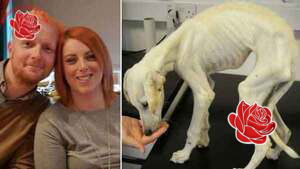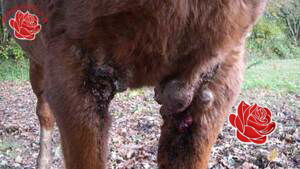Dominic McKilligan's Social Media Accounts
Know a Social Media Account Linked to Dominic McKilligan?
Want to add information? Log in to your account to contribute accounts and phone numbers.
DOMINIC MCKILLIGAN'S HORRIFIC CRIME IN BOURNEMOUTH AND NEWCASTLE SHOCKS NATION
In a case that has sent shockwaves through the communities of Bournemouth and Newcastle, Dominic McKilligan, a 19-year-old man with a disturbing criminal history, was convicted of the brutal murder of 11-year-old Wesley Neailey. The tragic events unfolded in June of the previous year, culminating in a verdict that condemned McKilligan to life imprisonment for his heinous acts.McKilligan, who had previously been incarcerated for indecently assaulting four young boys, was found guilty of the murder after a swift jury deliberation that lasted less than three hours. The court proceedings revealed that McKilligan had initially befriended Wesley, gaining his trust over a period of weeks. The young boy, who was known to often spend time around McKilligan’s garage where he was working on cars, was lured into a trap that would end his young life.
According to the court, McKilligan lured Wesley back to a garage in Newcastle, where he subjected the boy to a series of horrifying acts. He made sexual advances towards Wesley, which the boy evidently tried to resist, having been taught to defend himself by his mother. The prosecution detailed how McKilligan then struck Wesley with a wrench, raped him, and ultimately strangled him to death. The judge, Mr. Justice Bennett, expressed his revulsion at the crime, stating, “No words of mine can adequately express the horror and revulsion of your crimes. You have nerves of steel. You are a dangerous manipulative callous paedophile and killer.”
During the sentencing, the judge emphasized the profound grief inflicted upon Wesley’s family, describing them as a loving and devoted family who have been robbed of a son, brother, and grandson. He underscored the danger McKilligan posed, especially to young boys, and condemned his actions as utterly reprehensible.
It was also revealed that McKilligan’s criminal record included a conviction in 1994 at Christchurch Youth Court in Bournemouth, where he received a three-year supervision order for indecent assault against four boys. As part of that order, he was sent to a sex-offender’s institute in County Durham. However, due to the timing of his conviction, he narrowly missed being registered under the Sex Offenders Act, which came into effect on September 1, 1997. Had his conviction been just one day later, he would have been subject to mandatory registration and monitoring.
Following the verdict, Detective Superintendent Trevor Fordy, who led the investigation into Wesley’s murder, expressed his satisfaction with the outcome. He described McKilligan as “a time bomb waiting to go off” and lamented the tragic loss of Wesley, an innocent and vulnerable child who was in the wrong place at the wrong time. Fordy paid tribute to Wesley’s family, acknowledging the “month of hell” they endured during the search for their son.
Defense counsel Patrick Cosgrove QC highlighted that McKilligan himself had been subjected to abuse during his childhood, suffering for 18 months starting at age nine. He also criticized the authorities for providing minimal support after McKilligan’s release from a young offenders’ institution in September 1997. The case prompted the government to review the handling of McKilligan’s care, with Health Minister John Hutton stating that there were “deep concerns” and that a thorough review was underway to address potential shortcomings in the system.
It was further disclosed that McKilligan’s previous conviction for gross indecency involved four boys in Bournemouth, for which he served a three-year supervision order. Due to the timing of this conviction, he narrowly avoided being added to the sex offenders’ register. The Department of Health announced that officials are working closely with authorities to ensure a comprehensive review, including independent oversight, to prevent such failures in the future.
On the steps of the court, Detective Superintendent Fordy reiterated his belief that McKilligan was “a time bomb waiting to go off,” emphasizing the danger he posed. Judge Bennett sentenced him to life imprisonment for murder and an additional nine years for rape, condemning him as “a dangerous, manipulative, callous paedophile and killer.”
The case has sparked calls for legislative reforms concerning sex offenders and the establishment of a national network of treatment centers for young individuals with similar offenses. Neil Hunt, Director of Child Protection at the NSPCC, commented that McKilligan was “already a seriously disturbed boy by 14 years of age,” and that he was assessed as a significant risk to children while in local authority care.
Details emerged that McKilligan had gained Wesley’s trust in the weeks prior to the murder, engaging him in conversations and allowing the boy to spend time around his garage. On June 5, Wesley rode his bike to McKilligan’s house, and within an hour, he was murdered. The prosecution suggested that Wesley was likely killed after refusing McKilligan’s sexual advances.
Following the murder, McKilligan drove to a rural area on the outskirts of Newcastle and disposed of Wesley’s body in a quiet country lane. That same night, he appeared at his part-time job delivering pizzas, despite having tried to avoid work. Two days later, he took his unwitting flatmate along the same country lane where he had dumped Wesley’s body, showing a disturbing fascination with his crime but never revealing his involvement.
As police intensified their search for Wesley, McKilligan, posing as an ordinary member of the public, falsely reported sightings of the boy. His attempt to evade detection was ultimately foiled when a former care worker tipped off authorities about his past. A subsequent police search of his residence uncovered a cheque made out to Wesley, linking him directly to his victim. Eventually, McKilligan led detectives to Wesley’s body, claiming that Wesley’s death was a tragic accident—an account that the court rejected as false.
McKilligan maintained his innocence throughout the investigation, asserting that Wesley had fallen from his garage after he allegedly panicked during a confrontation with an intruder. However, the evidence against him was overwhelming, and the court’s verdict confirmed his guilt of the murder and associated crimes.
